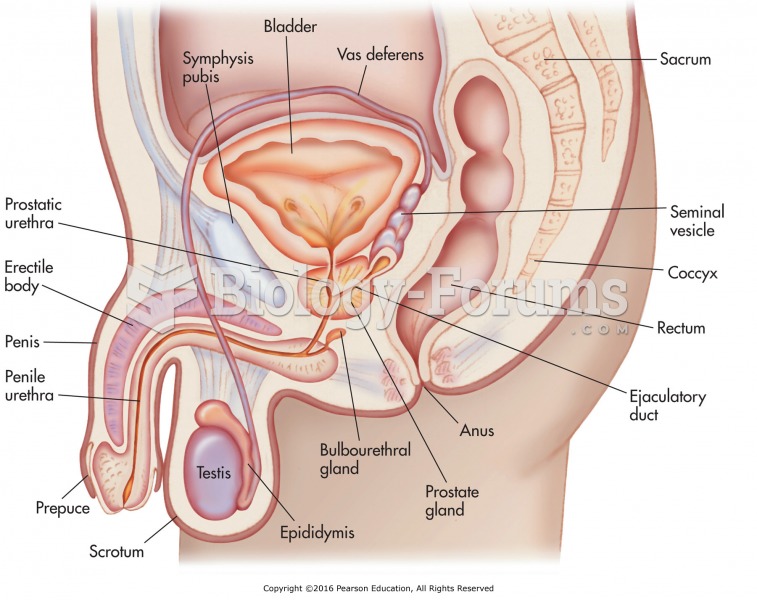This topic contains a solution. Click here to go to the answer
|
|
|
Did you know?
Approximately 70% of expectant mothers report experiencing some symptoms of morning sickness during the first trimester of pregnancy.
Did you know?
Approximately one in four people diagnosed with diabetes will develop foot problems. Of these, about one-third will require lower extremity amputation.
Did you know?
There are more sensory neurons in the tongue than in any other part of the body.
Did you know?
The first oral chemotherapy drug for colon cancer was approved by FDA in 2001.
Did you know?
No drugs are available to relieve parathyroid disease. Parathyroid disease is caused by a parathyroid tumor, and it needs to be removed by surgery.
 Male individuals of the banded Uromastyx, Uromastyx flavofasciata, are different colours. Most natur
Male individuals of the banded Uromastyx, Uromastyx flavofasciata, are different colours. Most natur
 An adult male killer whale with its characteristic tall dorsal fin swims in the waters near Tysfjord
An adult male killer whale with its characteristic tall dorsal fin swims in the waters near Tysfjord





